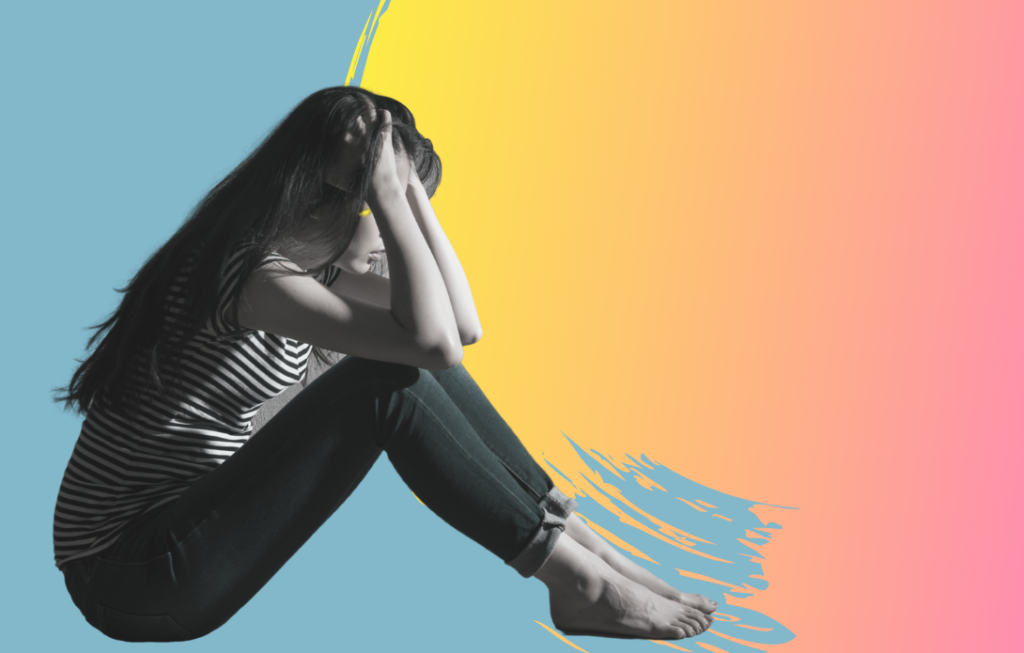Canadians feeling heightened anxiety due to COVID-19: Survey

Canadians are feeling a heightened sense of anxiety due to COVID-19, according to the results of a survey by Toronto-based human resources and tech firm Morneau Shepell. The organization recently released an updated Mental Health Index, which includes a sample of how people are coping with the lockdowns.
“The Mental Health Index found a statistically significant decrease in mental health when compared to pre-COVID-19 benchmarks,” the company says in a press release.
RELATED: A pandemic isn’t a productivity contest
“The change represents a current score of 63 compared to the benchmark of 75. The size of the change is unprecedented in the three-year period when the benchmark data was being collected.”
The largest negative changes, according to the firm, are upticks in feelings of anxiety, helplessness, and isolation.
The survey was conducted in Canada in English and French between March 27 and March 30. In total, 3,000 respondents participated, all of whom were employed within the last six months.
“We can’t ignore the reality that mental health concerns and anxieties will continue to worsen as COVID-19 escalates,” Stephen Liptrap, president and CEO of Morneau Sheppell said in a statement.
“We’re proud to see our governments and many Canadian organizations stepping up to the plate to expand mental health offerings for those who need it, including individuals who have been laid off. We strongly encourage all Canadians to inquire about the services available to them through their current or former employer.”
Toronto-based clinical social worker and psychotherapist Danielle Hulan, says it’s normal to feel anxiety, given the circumstances.
“We tend not to be overly validating of our own emotions,” she tells We Rep STEM.
“I might start by trying to name the different feelings you are experiencing right now, and perhaps even since your life began to be affected by the pandemic.
This step alone might be enough to allow you to feel compassion for the space you’ve needed to check-out, rest, do nothing, or do other activities that you hadn’t considered necessarily productive, like video chats with friends and family, making or creating art or food, or simply staring at the ceiling.”

Here are some other ways to deal with pandemic anxiety, courtesy of the CDC:
